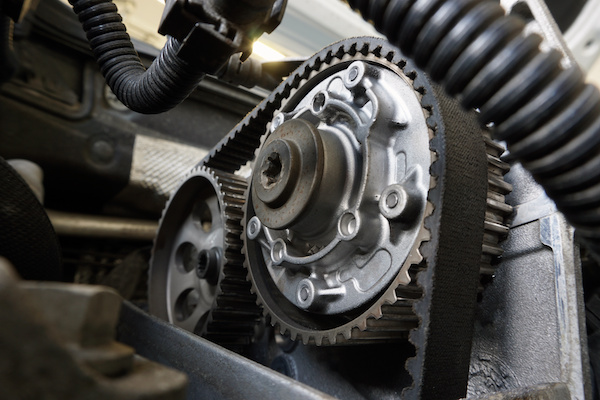
The timing belt might seem like a peripheral part of your vehicle until it breaks down, then you will discover how crucial it is. Most car owners do not know how important their timing belt is, or even what it is. When the timing belt breaks you might be left stranded, clueless about what to do. Read on to know what happens when your timing belt breaks:
What Is A Timing Belt?
A timing belt is a single loop or belt, which coordinates the timeline of the opening and closing of the valves with the upward and downward motion of the pistons. The belt ensures the camshaft, pistons, valves, and crankshaft are working in sync.
Importance of The Timing Belt
A timing belt is essential because, without it, the valves, and pistons will collide, leading to engine failure which is what happens when the belt breaks. With the engine parts turning thousands of times a minute, disaster is imminent when the timing belt breaks.
The valves typically experience the most significant damage and bend when colliding with pistons after a timing belt failure. The piston and cylinder walls will also experience tremendous damage.
A timing belt breakage means debilitating engine damage and massive repairs to fix it.
Replacing The Timing Belt
You should replace the timing belt according to the manufacturer's recommendation in the owner's manual. Many mechanics will tell you to replace it every 100,000 miles.
If your timing belt breaks, you should pull over, and call for a tow. Though changing the timing belt may be in your skillset, it is best to ask a professional to do it.
Now that you know the importance of a timing belt and what happens when it breaks, you are in a better position to fix it. For a timing belt replacement, visit our repair shop immediately.